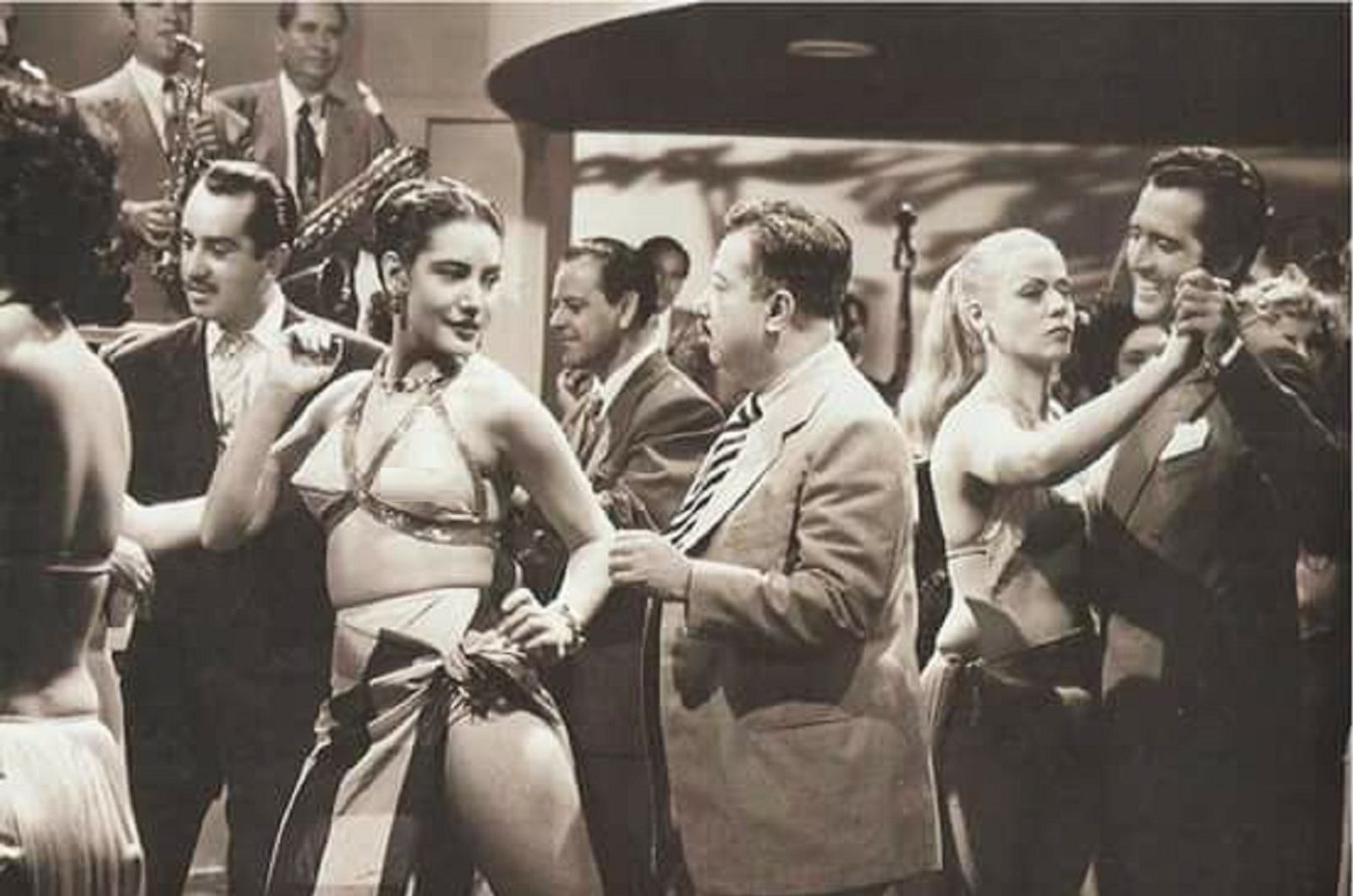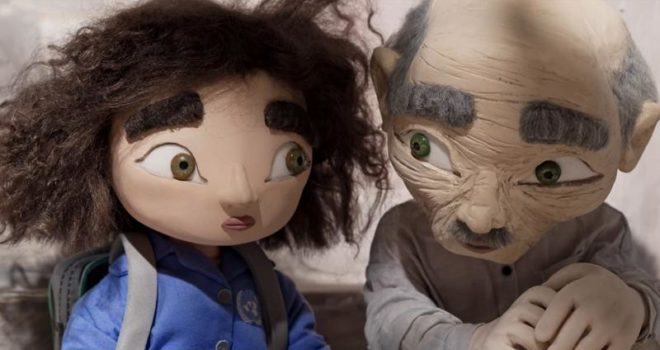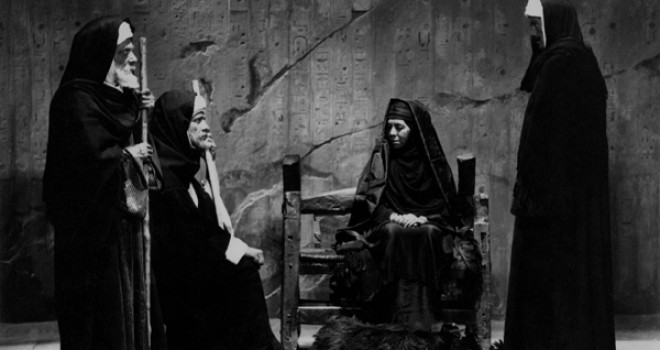1951. Don Susanito Lluvea o Truene is the headmaster of a girls’ boarding school in Tompiajillo. He manages this provincial institution as severely as it used to be done earlier this century. His nephew Roberto, who lives in the capital, arrives at the institution and gives the students a télévision set. Marta, a beautiful student, falls in love with him. Don Susanito tells Roberto about his younger years. When he arrived in Mexico City, he met Américo Pisaflores. Together they roamed the vaudeville théâtres which he describes the atmosphère of to his nephew. This is how he fell in love with star Clotilde who left him for Américo some time later. Roberto wants his uncle to live more in the present time. Don Susanito dyes his hair and goes to Mexico City to have a good time with his nephew. Roberto takes him to cabarets and makes him discover mambo and rumba. Feeling younger again, don Susanito dances unaware that he is being filmed by a television crew and that not only his students, but the entire village of Tompiajillo, are watching him on TV. On their return, the whole population, deeply shocked by their behaviour, stops them from entering the village, but barriers suddenly fall down when Pérez Prado’s orchestra starts playing, prompting even the shyest inhabitants to dance.
Home > Films > Del can can al mambo
Del can can al mambo
(Del can can al mambo )
by Chano URUETA
- Mexico
- 1950
- Fiction
- Noir & Blanc
- 107′
- Spanish
- 35 mm
- Titre français
Del can can al mambo - Original title
Del can can al mambo - Titre international
Del can can al mambo - Scénario
Chano Urueta, José Luis Celis - Photo
Victor Herrera - Montage
Alfredo Rosas Priego - Musique
Antonio Dîaz Conde, Dâmaso Pérez Prado, Los Très Diamantes, Pedro Vargas, Gloria Mestre, Waldo Custodio, Chelo La Rue, Yeyo, Tony Camargo Nono Arsu - Interprétation
Joaquiín Pardavé, Rosita Fornés, Abel Salazar, Rosario Gutiérrez, Maruja Grifell, Arturo Martínez, José Maria Linares Rivas. - Production
Producciones Calderón - Support de projection
35 mm





